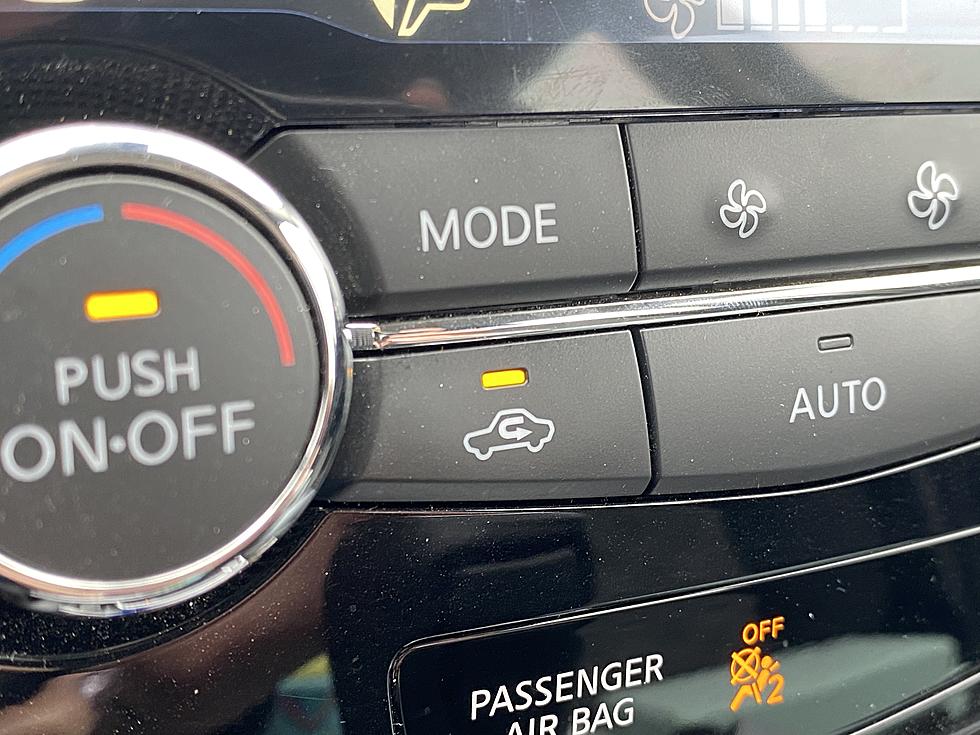
Shopping Tips for Cyber Monday
Today is what is known in the retail world as Cyber Monday, where shoppers flock to the Internet to score deals that aren't offered in store. Here are a few ways to survive the day with your credit and identity in tact.
We are inundated with ads every day, especially at this time of the year. There are a lot of great deals out there, but there are also thieves lurking, especially in cyber space, so when you're shopping online, shop from trustworthy sites. If you aren't sure, check on bbb.org; the website for the Better Business Bureau. They have ratings and real customer reviews, so if it's a junk website or they're selling junk products, you'll know before you buy. You can also look for the BBB seal on websites and you should click to see if they're real.
Not all websites have the same privacy policy. Take the time to read over the privacy policy for the one you're shopping on and make sure you understand the policy. If you just click that you agree and something happens, it's going to be on you. Sometimes they say that they sell personal information or reserve the right to share things or use your information in ways you're not comfortable with. If you look for a privacy policy and don't find one, that should be a huge red flag.
You've heard the phrase, "If it sounds too good to be true, it probably is." This holds true for Cyber Monday. There are some crazy deals to be had, but if it seems too ridiculous, it probably is. Don't be afraid to walk away; or click away in this case. This is especially true if the "deal" comes in an unsolicited email. Scammers will offer incredibly low prices on hard to get items to hook you in. Go with your instincts and take a pass. It may be cheap now, but the BBB says it could "cost you dearly" in the end.
Make sure you're entering your credit card number, name and address on a secure website. The way to know is to look in your browser bar, and look for "s" after the "http" before the website address. The BBB says another way to check is to look for the padlock symbol on the page where you're paying. The website should also have "Verisign" or "CyberTrust" at the bottom. If it doesn't, don't enter your information.
When you're paying, most sites require that you use a credit card, and the BBB says that's actually the best way to do it, but don't use a debit card that's connected to your bank account, just in case. Under Federal law, if you order something and don't get it, you have a right to dispute it and you have hard proof. And, if someone uses your credit card information to make fraudulent purchases, you have the right to dispute the charges and not be on the hook, due to what the BBB says is the "zero liabilities" policy that many card issuers have.
When you make a purchase, keep a record. Reputable companies will show your order confirmation, give you a confirmation number and send you a confirmation email. When you get the order confirmation, the number and the confirmation email, the BBB urges you to print everything out; including further communication from the company you're ordering from.
When you're shopping online, it's also important to make sure you're in the right frame of mind. A new study done by Psychological Science says that when we're sad, we have a tendency to make reckless, impulsive and irresponsible financial choices. Remember those shoes you bought after the breakup? Yeah. Don't do that.
More From Mix 94.9







![The Quickest Way to De-Ice Car Windows [Watch]](http://townsquare.media/site/68/files/2018/01/RS3866_157109983-scr.jpg?w=980&q=75)

